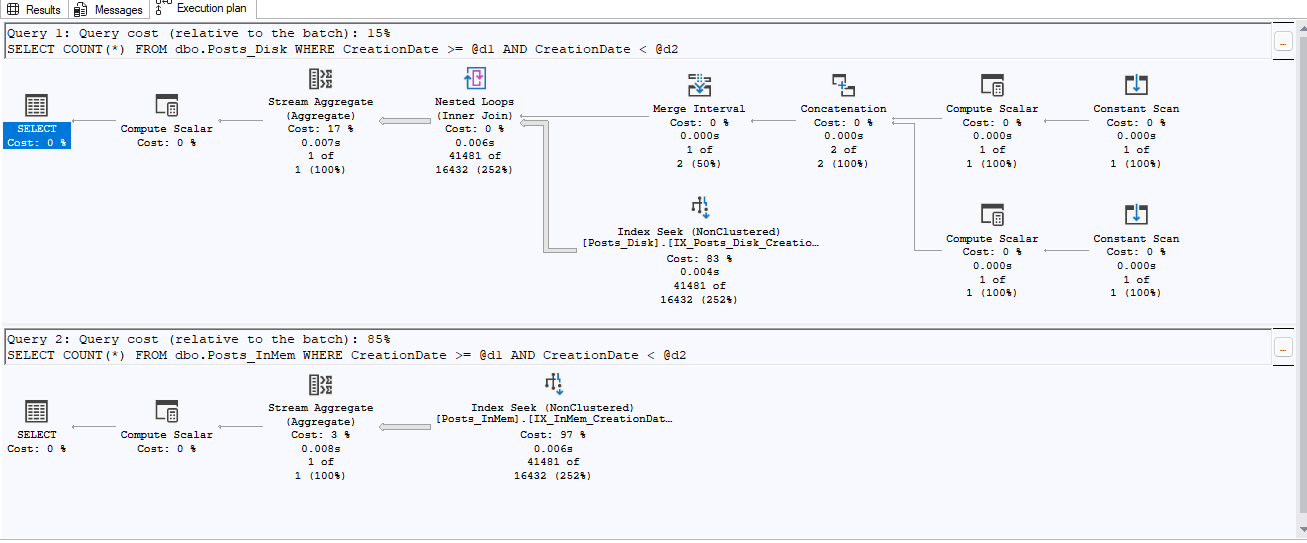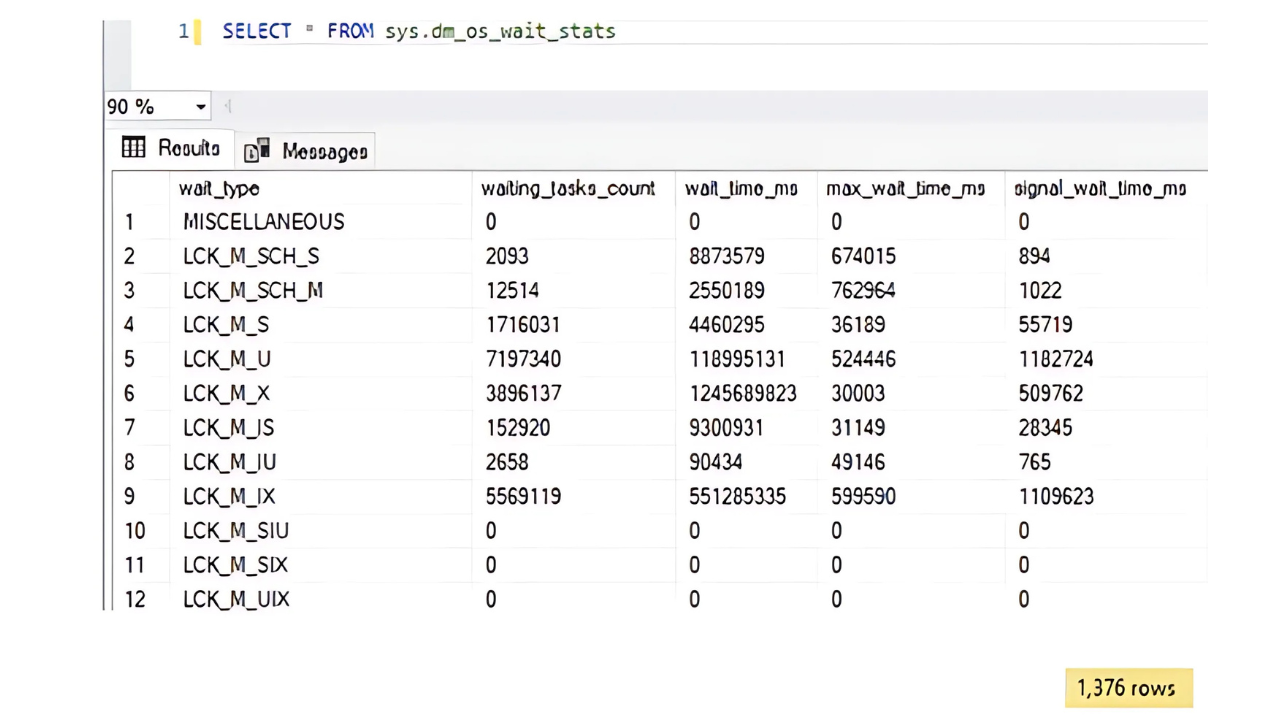IT expenditure decisions are never purely financial, as those who pull the trigger must consider how the purchase, or perhaps delaying the purchase, could impact other departments, from marketing and regulatory to operations and human resources. Once you have made the decision to proceed with an outlay, you then must decide: Capital Expenditure (CapEx) or Operational Expenditure (OpEx) for information technology?
We recently examined the health of on-premises infrastructure and found it to be quite good. The cloud certainly has numerous benefits, but so does having your own local hardware. We therefore concluded that a hybrid approach would be the sweet spot for many companies for the foreseeable future. Cost is a key factor in any “local vs. cloud” decision. As one accounting textbook puts it, “managers must ponder occasional big-ticket expenditures that will impact many years to come … where the upfront cost is huge and the payback period will span years.” This post examines how to categorize IT spending to fit your organization’s strategic needs.
What is CapEx?
CapEx involves expenses that generate economic value (i.e., an asset) beyond one year. Certainly land and buildings, but also patents, copyrights, etc. For IT purchases, think software licenses and hardware. The benefits of CapEx relating to IT include full control and more IT agility, because you’re calling the shots. But, having that control means a big up-front cost, and locking in with your purchase (“stuck,” some might say). You don’t need me to tell you the next big thing in tech is just around the corner.
Firms amortize CapEx deductions over time; that means predictability and helps you avoid a hit to the bottom line. But, CapEx means less free cash flow, which can be a critical consideration. Keep in mind, the purchase price isn’t the only cost. You should also account for costs to maintain, manage and upgrade, which often entails staffing costs.
What is OpEx?
OpEx, as the name implies, is for the purchase of consumables needed to operate a business, used up in the same tax year. For example, a printer would be a CapEx, but the cost for ink and paper would be OpEx. Firms deduct OpEx all at once, which generally increases your profit margin. A surge in growth can dramatically impact OpEx from month to month as costs increase to serve demand.
With a vendor-managed cloud strategy, or otherwise opting for managed services, IT expenditure can go in the OpEx category. But, it comes with trade offs. You’re giving up the greater control you’d have with CapEx (you buy it, you own it, you benefit from it) for the pay-as-you-go model in the hands of your MSP. Opting for OpEx frees up budget for other projects that can help the bottom line. And we’re not only talking about hardware—monthly software subscriptions fall under OpEx.
What will you use?
As indicated above, these kinds of decisions focus on money, but are driven by more than purely financial considerations. It may be that having full control is more important to your firm than the flexibility offered by OpEx. And, like the decision between on-premises and cloud infrastructure, you may find that a sort of hybrid approach suits your budgeting too.
While no one at SSG is an accountant (so, please talk to a tax professional before you make any serious decisions about CapEx or OpEx for information technology), we are a provider of managed services. As such, we have seen several companies benefit greatly from our remote DBA service. It frees up personnel to focus on projects and processes that add to the bottom line.
With a good understanding of your tax options and the financial implications of CapEx and OpEx, you can determine what is best for your organization.




